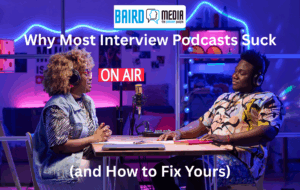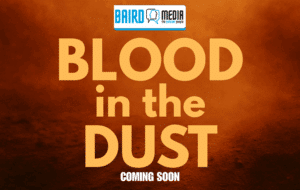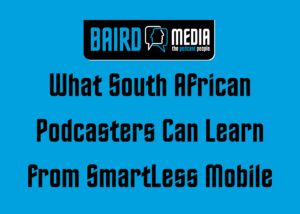Why Podcasts Are Gaining Popularity in Healthcare
Podcasts offer a flexible and convenient way for healthcare professionals to stay current with the latest research, trends, and clinical practices.
Given the demanding schedules of healthcare workers, attending in-person conferences or courses can be challenging.
Podcasts, on the other hand, can be listened to while multitasking—whether driving, exercising, or performing household chores—making them an ideal solution for time-strapped professionals.
The article highlights several benefits of podcasts in healthcare education.
Accessibility and Flexibility
Podcasts are easy to access and often free, making them a cost-effective option for continuing education.
They are available on various platforms like Apple Podcasts, Spotify, and Google Podcasts, allowing healthcare professionals to choose from a wide range of topics and formats that suit their learning preferences.
Diverse Content and Formats
Healthcare podcasts cover numerous topics, including clinical updates, interviews with experts, panel discussions, and case studies.
This diversity allows professionals to tailor their learning experiences to their specific interests and needs.
For instance, narrative-style podcasts have been found to be particularly engaging, as they present information in a story-like format that can be more compelling than traditional lectures.
Enhanced Learning for Auditory Learners
Podcasts cater to auditory learners who prefer listening to information over reading.
Studies have shown that podcast learning can be as effective, if not more so, than traditional methods, with some learners reporting higher satisfaction and better retention of information when using podcasts.
Podcasts as a Tool for Professional Development
Podcasts not only help individual healthcare professionals stay updated but also foster interprofessional collaboration and knowledge sharing.
Journal-related podcasts, such as those from Antimicrobial Stewardship & Healthcare Epidemiology and Infection Control & Hospital Epidemiology, often feature interviews with leading researchers and experts.
These podcasts can help expand the reach of published research, provide opportunities for collaboration, and facilitate networking among professionals in the field.
Additionally, podcasts can serve as a source of inspiration for medical researchers.
Hearing about the latest breakthroughs and challenges in the field can motivate researchers to pursue new ideas and projects.
The ability to connect with other experts and stay informed about ongoing research is invaluable for those looking to advance their careers and contribute to the field.
Challenges and Limitations
While podcasts offer numerous advantages, they also come with some drawbacks.
One major limitation is the lack of interactivity.
Unlike live radio or in-person events, prerecorded podcasts do not allow for immediate feedback or interaction with the host, which can be a disadvantage for those who prefer a more engaging experience.
Additionally, the quality of podcasts can vary, with some episodes suffering from poor audio quality or lacking in-depth content.
Another challenge is accessibility.
While podcasts are widely available, they are not as accessible as traditional media like radio or television, particularly for individuals with hearing impairments or those without access to the necessary technology.
Furthermore, the vast number of available podcasts can make it difficult for listeners to discern high-quality content from less reliable sources.
Conclusion
Podcasts have become an essential tool in the education and professional development of healthcare professionals.
They provide a convenient and flexible way to stay informed, improve knowledge, and enhance practice.
While there are challenges to their use, the benefits of podcasts in terms of accessibility, content diversity, and the potential for professional growth are undeniable.
As the healthcare field continues to evolve, podcasts are likely to play an increasingly important role in the dissemination of information and the ongoing education of healthcare workers.
This article is based on the study “The power of podcasts: Exploring the endless possibilities of audio education and information in medicine, healthcare epidemiology, and antimicrobial stewardship” by Martin A. Kiernan, Brett G. Mitchell, and Philip L. Russo, published in June 2023 in Antimicrobial Stewardship & Healthcare Epidemiology (https://doi.org/10.1017/ash.2023.178).









